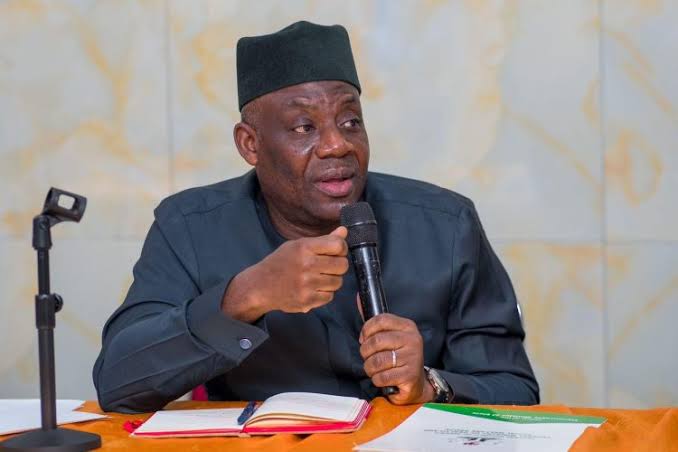The Federal Government has announced a seven-year suspension on the establishment of new federal universities, polytechnics, and colleges of education across the country.
The decision was a decisive move to address declining quality and infrastructure in the nation’s tertiary education sector.
Minister of Education, Dr. Tunji Alausa disclosed this to State House correspondents after Wednesday’s Federal Executive Council (FEC) meeting presided over by President Bola Tinubu at the Presidential Villa, Abuja.
Alausa said the moratorium, which applies to all categories of federal tertiary institutions was aimed at halting duplication and waste, while consolidating resources to upgrade existing facilities and manpower.
According to him, access to tertiary education is no longer Nigeria’s problem. Instead, the proliferation of new institutions has stretched resources thin, leading to deteriorating infrastructure and a drop in graduate quality.
He warned that without urgent action, the unemployment rate would worsen as many graduates leave school without life skills.
“Today we have 72 public federal universities, 42 federal polytechnics, and 28 federal colleges of education, alongside hundreds of state and private institutions. Yet, in the 2024/2025 academic session, 199 universities had fewer than 100 candidates applying through JAMB, and 34 had zero applicants,” Alausa said.
He revealed that 295 polytechnics, both public and private, also had fewer than 100 applicants, while 64 colleges of education recorded zero applicants.
He cited a federal university with fewer than 800 students but 1,200 staff as an example of the inefficiencies and waste in the system.
The minister stressed that the decision will enable government to focus on rehabilitating infrastructure, recruiting and training staff, and increasing the carrying capacities of existing institutions.
He noted that some federal universities in certain northern states currently have fewer than 2,000 students.
Alausa said the moratorium will ensure that Nigeria’s graduates maintain competitiveness and respect globally, aligning with President Bola Tinubu’s mandate for the highest quality education comparable to international standards.
He thanked the President for his “political will and commitment” to education.
The FEC also approved the establishment of nine new private universities.
Addressing possible contradictions, Alausa explained that the approvals were for pre-existing applications, some for over six years old which had been delayed due to inefficiencies at the National Universities Commission (NUC).
He disclosed that when he assumed office alongside the Minister of State for Education, there were 551 pending private university applications, many of which were inactive, adding that new guidelines reduced active applications to 79, out of which nine met all requirements and were approved.
Alausa added that similar moratoriums will soon apply to the establishment of private universities, polytechnics, and colleges of education to ensure quality is that is not sacrificed for expansion.






